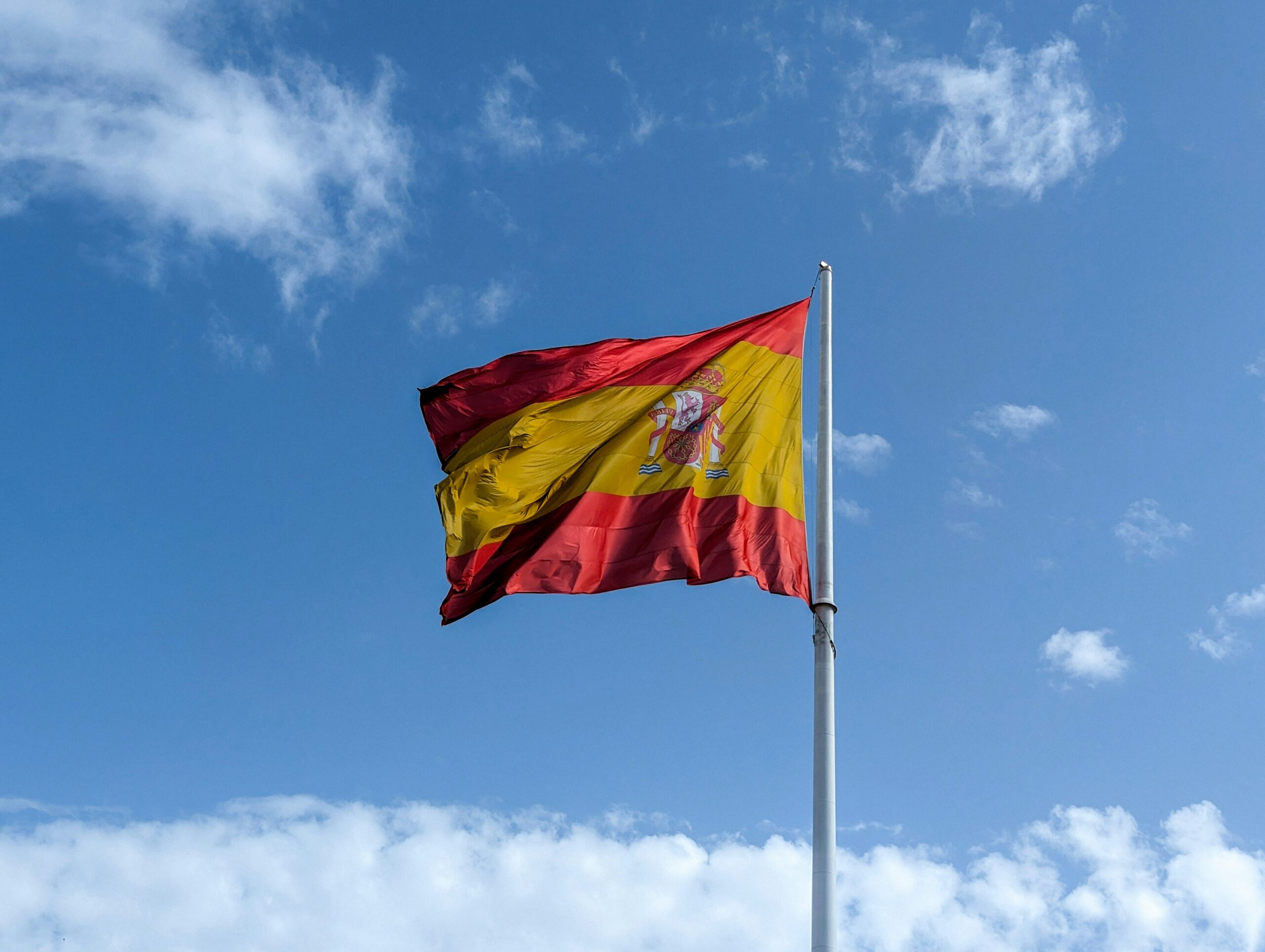Spain’s National Day, celebrated on 12th October, marks a significant event in world history: the discovery of the Americas by Christopher Columbus in 1492. Known in Spain as Fiesta Nacional de España, the day celebrates Spanish heritage, unity, and its influence in international communities.
Columbus’ voyage led to the expansion of the Spanish Empire across the Americas. Although his legacy is complex and debated, the holiday is seen as a reflection of Spain’s history and its cultural ties with the Spanish-speaking world.
Since 1987, the National Day has been a public holiday, moving away from the earlier concept of Día de la Hispanidad, which emphasised Spain’s relationship with Latin American countries. Today, it represents Spanish national pride and the idea of unity within the country.
Celebrations across Spain
The most notable event of Spain’s National Day is the grand military parade held in Madrid. The King of Spain, currently King Felipe VI, along with the Royal Family, political and military leaders, oversees the celebration. The parade showcases Spain’s military forces and honours their role in national defence. A highlight is the display by the Patrulla Águila, Spain’s air force team, painting the sky in the colours of the Spanish flag (red and yellow).
While Madrid hosts the central event, celebrations occur nationwide. Many cities and towns hold cultural events, including concerts, traditional dances, and exhibitions, highlighting Spain’s diverse regional identities.
The Spanish-Danish war
In 1809, the small town of Huéscar, in Granada, Spain, formally declared war on Denmark. This unusual event occurred during the Napoleonic Wars, when Spain was allied with Britain against Napoleon’s forces. At that time, Denmark was allied with France.
No battles were fought, and there were no known consequences of this declaration, which had been forgotten over time. The “war” remained unresolved for 172 years until, in 1981, the mayor of Huéscar and the Danish ambassador signed a peace treaty, officially ending the “conflict” with no casualties. The incident has become a curious historical anecdote.
For more information, please visit Spain’s Embassy’s website
Spanish restaurants in Copenhagen:
– El Tapeo de Cervantes
– Pintxos
– El Meson
Buy Spanish products in Denmark:
– spanishclub.dk
– madeinspain.dk
Sabor Supermarked – Østerbrogade 160, st. 4, 2100 København Ø












